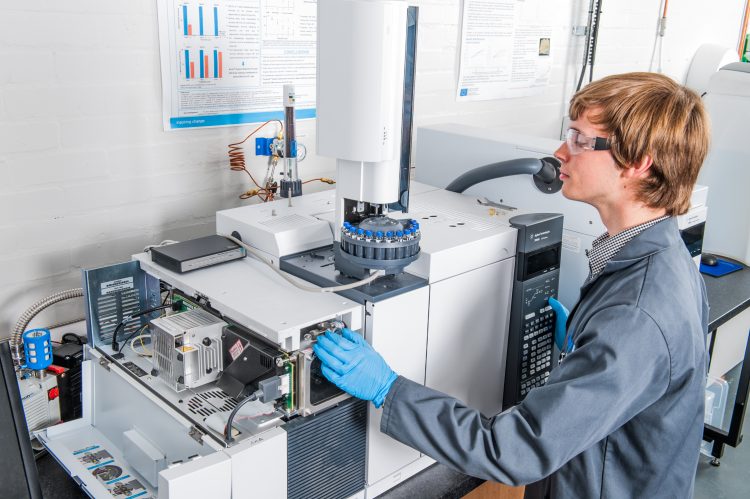22 Mersey firms save 170 tonnes of CO2
So far 22 Liverpool city region businesses have taken part in a low carbon business support programme and have saved a combined 170 tonnes of CO2. Tony McDonough reports

A business support programme that aims to help firms reduce their carbon emissions and accelerate growth has helped 22 Liverpool city region businesses to slash 170 tonnes of CO2.
Led by Liverpool John Moores University, the £5.2m Low Carbon Eco-Innovatory (LCEI) was launched in 2015. It sees SMEs partner with experts at the university to fund and deliver research and development projects, ranging from one month to 12-months.
A number of these SMEs have identified areas to reduce their carbon footprint, while others have tested, developed and commercialised low carbon products, processes and services.
Collectively, these businesses have saved more than 170 tonnes of greenhouse gases. And with 18 fully-funded internships and five part-funded 12-month Masters by Research projects available to the next batch of sustainability-driven Liverpool-based SMEs, more is to come.
City region companies who have taken advantage of the scheme include aerial theatre company Wired, software developer Connect 4.0, civil engineers Mole Group Utilities and water treatment specialists Arvia Technology.
Carolyn Hayes, LCEI project manager at Lancaster University, also a partner in the project, said: “SMEs play a major role in economies worldwide and Liverpool is no exception where they make up 99% of the business community. It is therefore crucial that SMEs are equipped with the tools and resources needed to make their impact on creating a low carbon future.
“But the most common barrier to SME from taking action is a lack of resources, such as personnel, knowledge and time, and knowing where to start. That is how the LCEI programme can help.
READ MORE: SMEs eye £260m zero carbon fund
“Our support is designed for companies at all stages of their low carbon journey. We will work closely with them to identify a bespoke course of action harnessing the skills and expertise of undergraduates, postgraduates and world-renowned academics, and leveraging our plethora of world-class facilities.”
Wired, an internationally acclaimed aerial theatre company based in Liverpool city centre, moves its people and equipment across the globe for performances and wants to reduce its carbon footprint.
Michaela Anders, director of learning and participation, said: “Transporting large numbers of people and equipment across the globe is traditionally pretty harmful to the environment. Finding solutions to those challenges requires innovative thinking and collaboration.

“We’ve always strived to run the business with as little environmental impact as possible, and this internship has provided us with an extra resource to help us focus our sustainability efforts on quick returns and cost-effective approaches, lots of practical ideas and a policy to drive forward.”
Arvia Technology, based in Runcorn, benefits from a part-funded Master’s Research project to help develop an award winning, patented technology – the Nyex Rosalox water treatment system – which removes and destroys aqueous organic and chemical pollutants.
Chief executive Simon Gatcliffe explained: “It has taken years of marginal gains achieved through R&D partnerships such as the one with Lancaster University to effectively combine the technologies of adsorption and oxidation to overcome many of the drawbacks of using each in their own right. We can now target new markets with a very efficient, low-carbon process.
“As an SME the business does not have the resources to undertake more speculative research into longer-term opportunities, LCEI has been a tremendous partnership with a multitude of benefits to the environment and the business.”
LCEI is a business R&D consortium, backed by the European Regional Development Fund (ERDF), and led by Liverpool John Moores University (LJMU) alongside partners Lancaster University and the University of Liverpool.

